
When you think of Athens, you think of the Acropolis. You’d struggle to name a more iconic sight in any part of the world. Perched on top of a rocky outcrop for 2,500 years, they’ve now been absorbed into a sprawling modern metropolis, but you’ll still be dazzled.
On a walking tour around Athens, you’ll get your bearings, learn some fascinating info about the city’s ancient history, and get the insider scoop on what to see and do during your visit. If you’re looking for more in-depth and specific tours, Take Walks is the way to go. You’ll get lots of behind-the-scenes action.
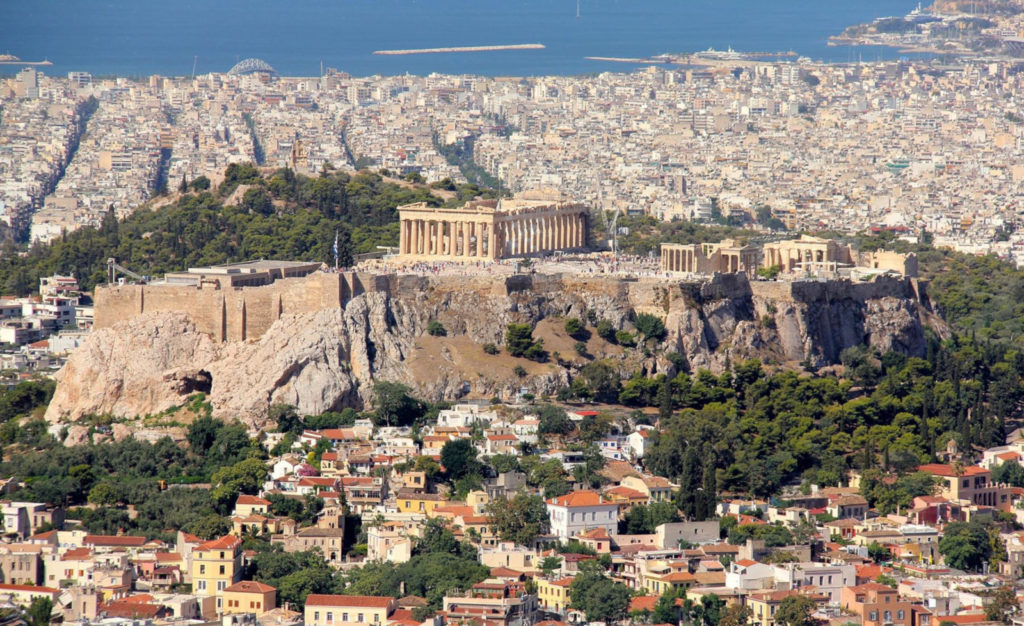

On a walking tour around Athens, you’ll get your bearings, learn some fascinating info about the city’s ancient history, and get the insider scoop on what to see and do during your visit. If you’re looking for more in-depth and specific tours, Take Walks is the way to go. You’ll get lots of behind-the-scenes action.
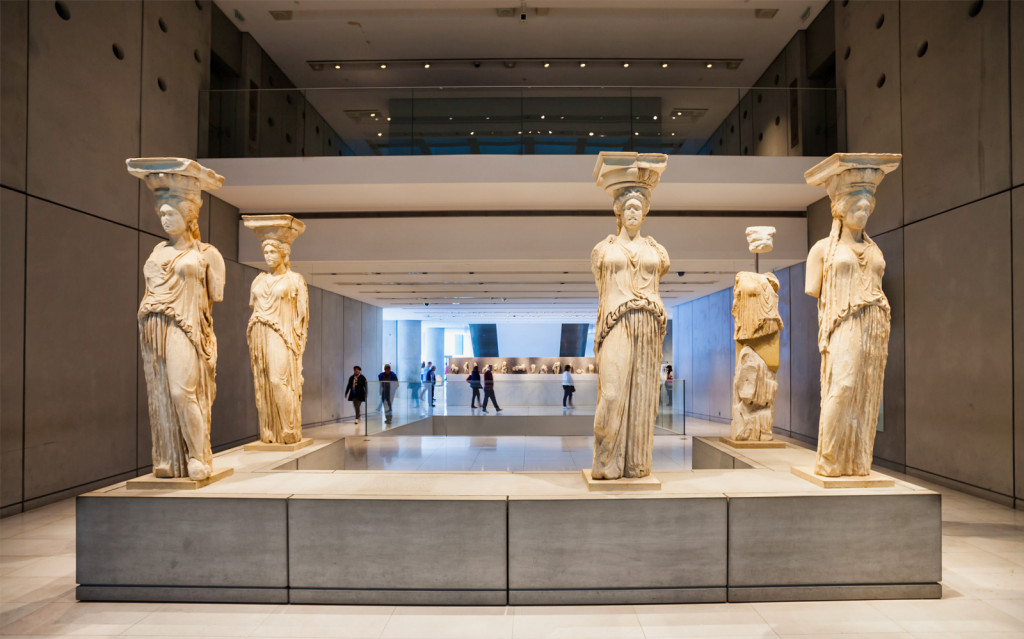
This dazzling museum at the foot of the Acropolis’ southern slope showcases its surviving treasures. The collection covers the Archaic period to the Roman one, but the emphasis is on the Acropolis of the 5th century BC, considered the apotheosis of Greece’s artistic achievement. The museum reveals layers of history – from ancient ruins beneath the building, to the Acropolis itself, always visible above through floor-to-ceiling windows. The good-value restaurant has superb views.
This lush, tranquil site is named for the potters who settled it around 3000 BC. It was used as a cemetery through the 6th century AD. The grave markers give a sense of ancient life; numerous marble stelae (grave markers) are carved with vivid portraits and familiar scenes.
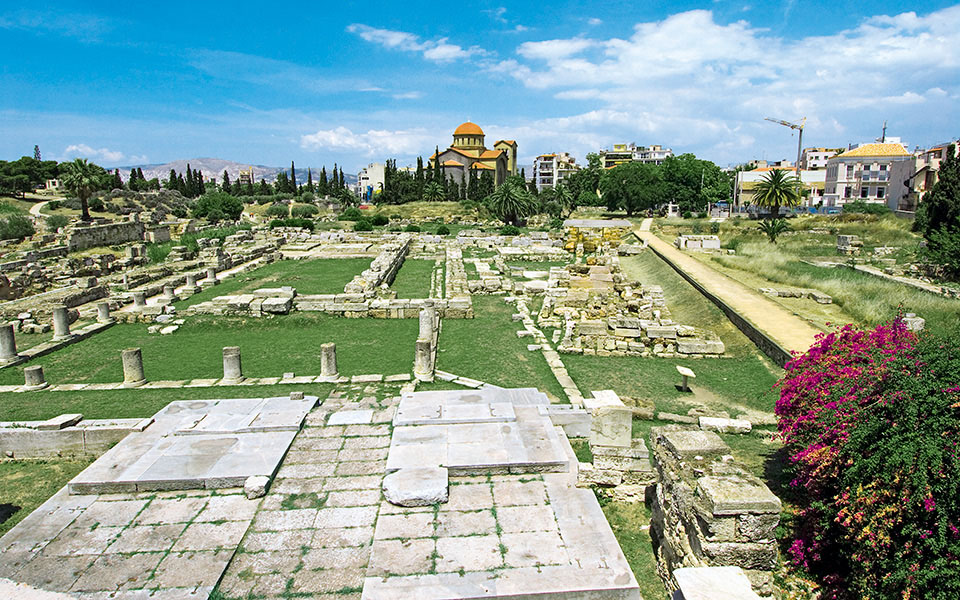

This lush, tranquil site is named for the potters who settled it around 3000 BC. It was used as a cemetery through the 6th century AD. The grave markers give a sense of ancient life; numerous marble stelae (grave markers) are carved with vivid portraits and familiar scenes.
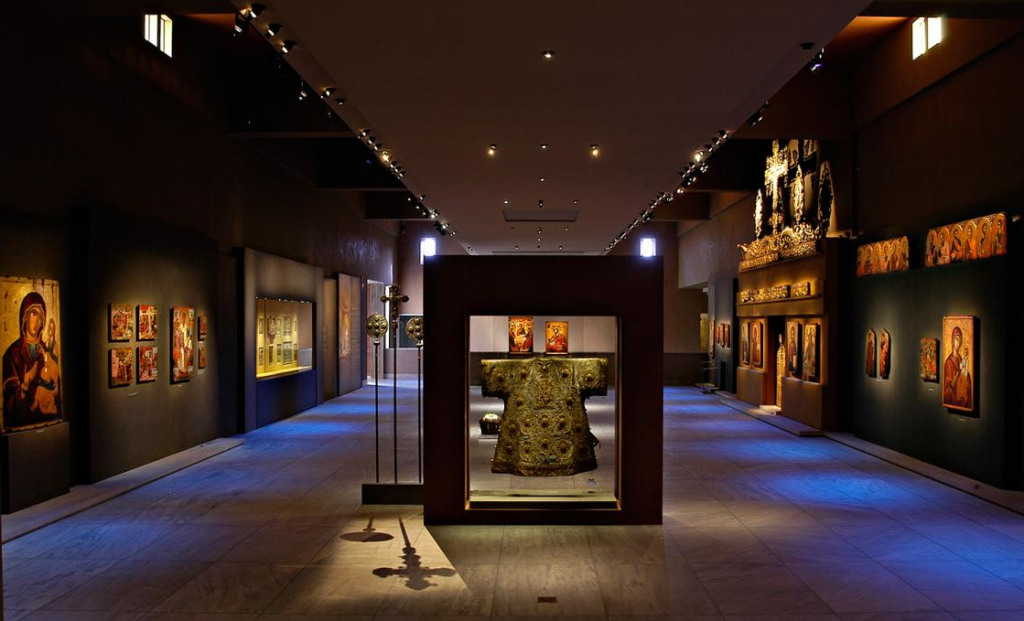
This outstanding museum, based in the 1848 Villa Ilissia, offers exhibition halls, most of them underground, crammed with religious art. The exhibits go chronologically, charting the gradual and fascinating shift from ancient traditions to Christian ones, and the flourishing of a distinctive Byzantine style. Of course there are icons, but also delicate frescoes (some salvaged from a church and installed on floating panels) and more personal remnants of daily life.
The National Archaeological Museum in Athens houses some of the most important artifacts from a variety of archaeological locations around Greece from prehistory to late antiquity. It is considered one of the greatest museums in the world and contains the richest collection of artifacts from Greek antiquity worldwide.[1] It is situated in the Exarcheia area in central Athens between Epirus Street, Bouboulinas Street and Tositsas Street while its entrance is on the Patission Street adjacent to the historical building of the Athens Polytechnic university.
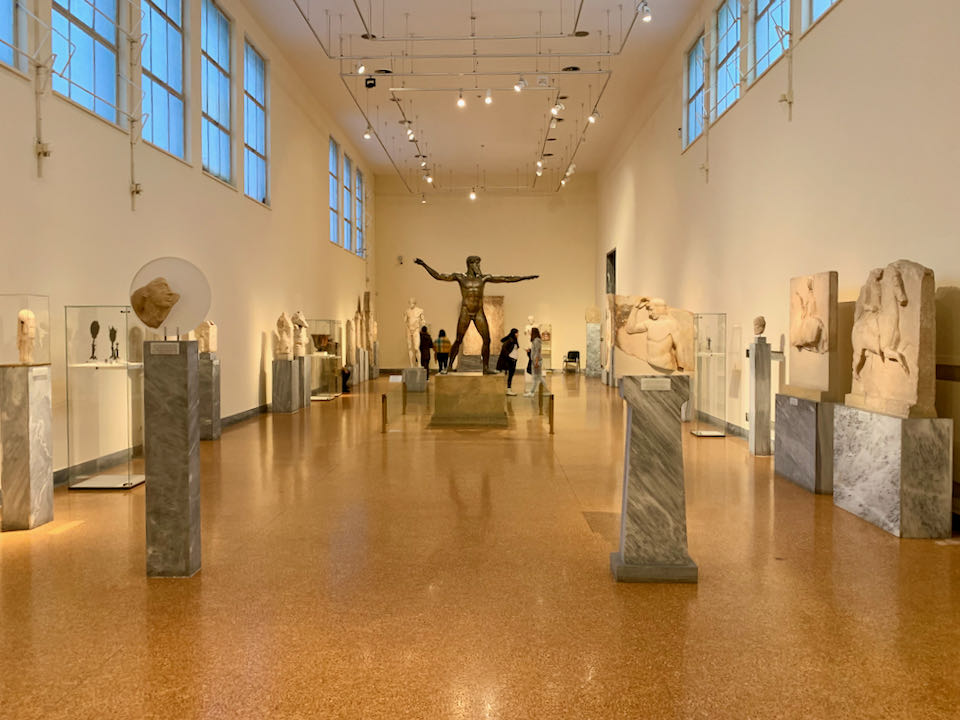

The National Archaeological Museum in Athens houses some of the most important artifacts from a variety of archaeological locations around Greece from prehistory to late antiquity. It is considered one of the greatest museums in the world and contains the richest collection of artifacts from Greek antiquity worldwide.[1] It is situated in the Exarcheia area in central Athens between Epirus Street, Bouboulinas Street and Tositsas Street while its entrance is on the Patission Street adjacent to the historical building of the Athens Polytechnic university.
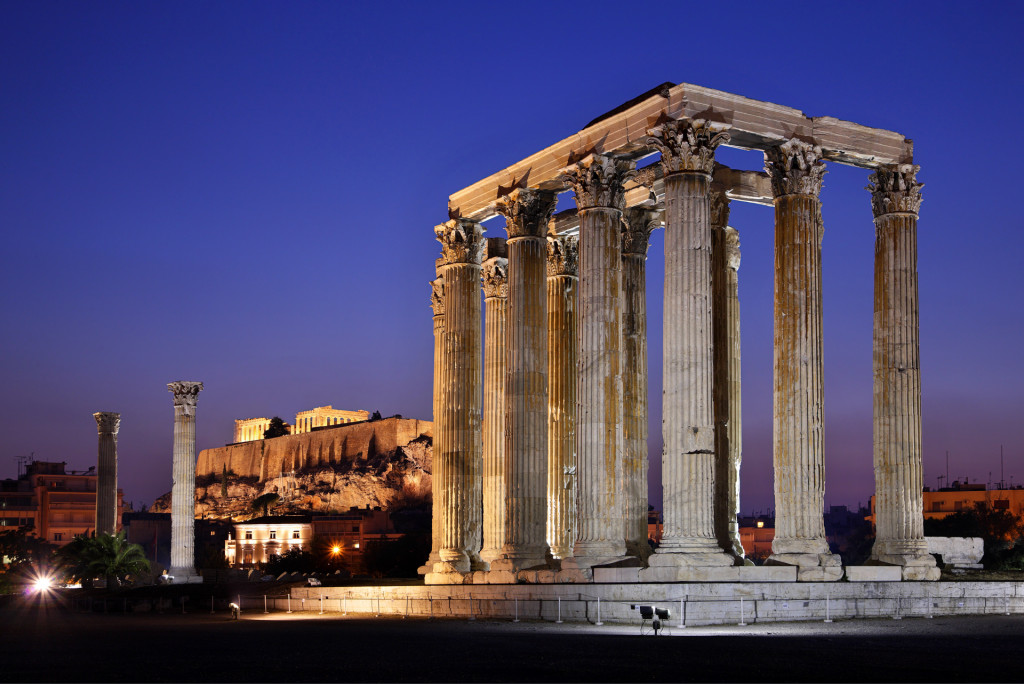
A can’t-miss on two counts: it’s a marvellous temple, once the largest in Greece, and it’s smack in the centre of Athens. Of the temple’s 104 original Corinthian columns (17m high with a base diameter of 1.7m), only 15 remain – the fallen column was blown down in a gale in 1852.
© 2024 Bentzi Boutique Apartments – All rights reserved